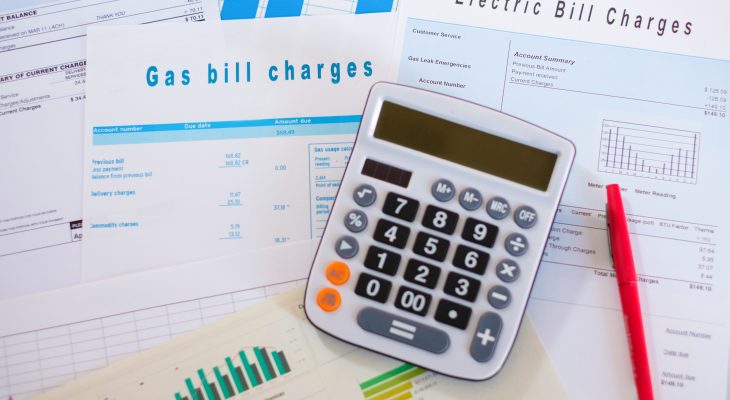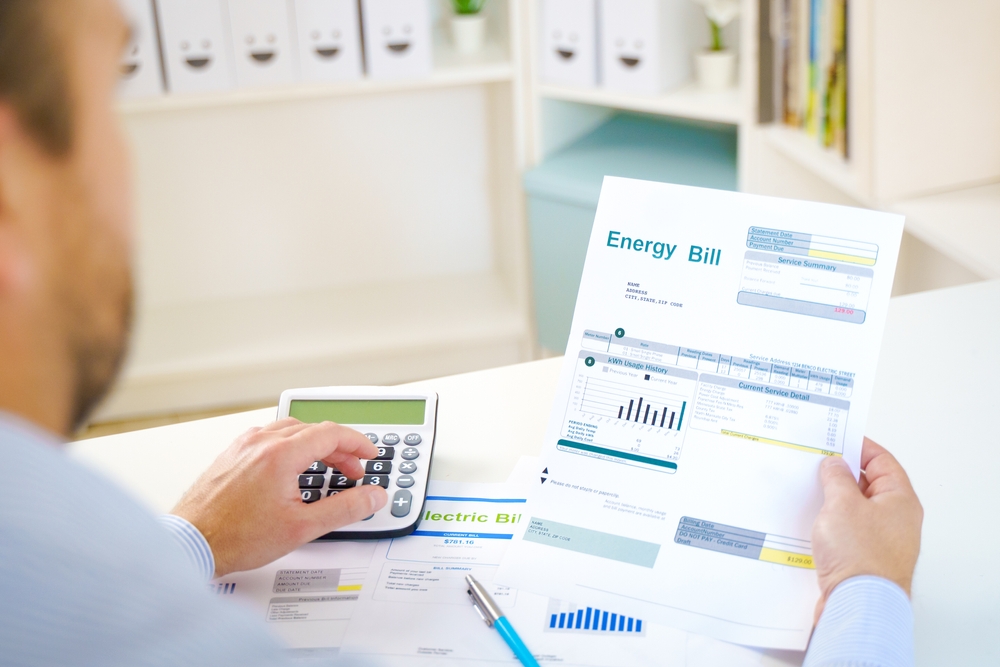There are plenty of dates that will have an impact on your finances already in the diary for next year.
From tax cuts and childcare bills, 2024 could mean some big changes for your finances.
Sarah Coles, head of finance at Hargreaves Lansdown, has looked at what’s happening and when.
She said: “2023 hasn’t been a golden year for our finances – with rising prices, mortgage rates and tax – and falling growth, house prices and morale. On paper, 2024 is looking more positive, with inflation, tax rates and childcare bills all set to drop.
“However, that’s not the full picture, because most tax thresholds have been frozen, and two of them are actually set to fall, so there’s a good chance a huge chunk of people will still be worse off by the time we struggle to the end of 2024.”
January: Energy up, National Insurance down
New year’s day will see the energy price cap rise £94 (5%) from £1,834 to £1,928, after conflict in the Middle East sent oil and gas prices higher.
Remember – this isn’t a fixed cap on the most you can pay, it’s a cap on unit prices.
National Insurance cuts take effect on 6 January. Class 1 NICs, which are paid on earnings between £12,570 and £50,270, will be cut by 2 percentage points, from 12% to 10%. This will save basic rate taxpayers an average of £304, while higher rate taxpayers will save £647, and additional rate taxpayers £707.
“Sadly this isn’t the shot in the arm it appears, because frozen income tax and National Insurance thresholds will still mean we pay more tax in 2024,” said Coles.
March: Rail fares and fuel duty up
Rail fares will go up sometime in March, but we don’t yet know when or by how much.
Normally the Government uses July’s Retail Prices Index (RPI) measure of inflation to determine the increase in regulated fares the following March – but at times of very high inflation it can cap this.
The temporary cut to fuel duty will end on 23 March. The 5p fuel duty cut was announced in March 2022, then extended another 12 months in early 2023.
The end of March will also see the end of the Government’s energy price guarantee. The guarantee stopped average bills going over £3,000 a year – but the energy price cap means bills are lower than this anyway.
April: Lots of changes
From 1 April, working parents will receive 15 free childcare hours a week for children under the age of two. This will be the first step along the road to secure 30 hours of free childcare for all children from nine months to the start of school between now and September 2025.
The new energy price cap will come into effect the same day – we don’t know what it will be yet, but probably a slight fall from January.
Several bills and taxes – including TV licence fees, car tax, water, air passenger duty, NHS prescriptions and council tax – go up from 1 April.
On the plus side, the National Living wage and minimum wage rises will take effect too. The National Living Wage will rise to £11.44 an hour (up from £10.42), and the age threshold will fall from 23 to 21.
The new financial year on 6 April will see the threshold for dividend tax cut to £500 and the capital gains tax threshold to £3,000.
ISA changes announced in the Autumn Statement will also take effect. You’ll be able to pay into multiple ISAs of the same type in a tax year – and will be able to transfer slices of ISA money you paid in during the current tax year too. The changes also mean you’ll be able to hold long term asset funds and open ended property funds in an innovative finance ISA.
The minimum age to open a cash ISA will rise to 18, closing the loophole that allows 16 and 17-year-olds to have a Junior ISA and a cash ISA allowance in the same tax year.
Tax thresholds will remain frozen in 2024/25 – the personal allowance will stick at £12,570, the higher rate threshold at £50,270, the inheritance tax nil rate band at £325,000, and the residence nil rate band £175,000. But fiscal drag means many people will be paying more tax.
“The tax take will rise to its highest percentage of GDP since the Second World War, and it’s not just that we’ll all have to pay more tax, 4 million more people will be dragged into paying tax, 3 million more into paying higher rate tax and 400,000 more into paying additional rate tax,” said Coles.
From 6 April, Class 2 National Insurance contributions will be axed, while the main rate of National Insurance contributions for self-employed people will be cut by one percentage point, from 9% to 8%.
From 8 April, state pensions will rise 8.5% in line with the triple lock, while benefits will rise with inflation (using September’s inflation rate of 6.7%). Pension credit, meanwhile, will rise 8.5% in line with the triple lock.
September: Childcare changes
September will see the second stage in the roll out of free childcare. From this date, parents will get 15 hours of free childcare a week once their child is nine months old.





